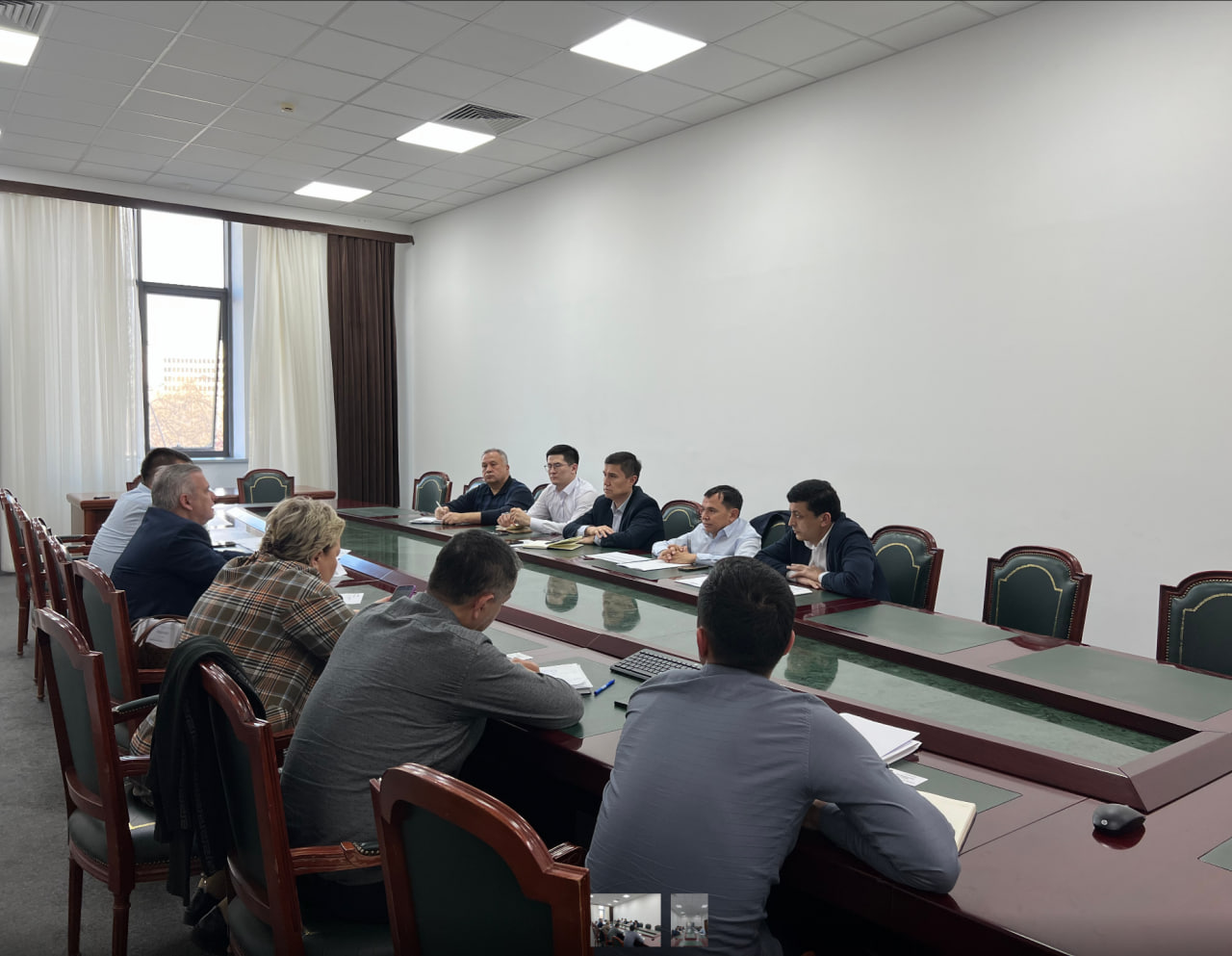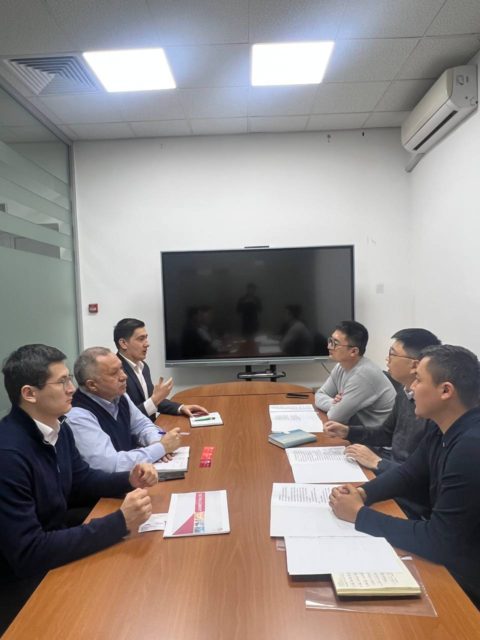UniCredit Bank Austria allocated a loan of €8 million for innovations in the agricultural sector of Uzbekistan
The Austrian bank UniCredit provided a preferential loan of 7.9 million euros for rain irrigation technology for agricultural enterprises in Uzbekistan.
The largest bank in Austria, UniCredit, allocated concessional financing (“soft-loan”) in the amount of 7.9 million euros to Uzbekistan.
The loan is intended to be used to equip agricultural enterprises with innovative technologies of the Austrian company Bauer Gmbh for rain irrigation.
The Ambassador of Uzbekistan to Austria, Abat Fayzullaev, held talks in Vienna with the directors of departments of UniCredit Bank Marion Christen and Reinhard Posch to discuss this project.
The contract for the implementation of the project was previously signed by the Ministry of Agriculture of Uzbekistan and the Austrian side. The parties reached an agreement on opening a preferential credit line to finance the modernization of the agricultural sector through the transfer of Austrian technologies.
At the meeting, they also discussed expanding cooperation in the banking and financial sector, attracting export and investment financing and “soft-loans” of the Austrian government to the economy of Uzbekistan.
According to the agency, Marion Kristen emphasized the opportunities provided by Austrian financial institutions and preferential credit lines for the transfer of technologies and innovations, in particular, the projects implemented jointly with the Austrian Control Bank (OeKB) to provide “soft-loans” with a minimum and even zero interest rate for social projects implemented in Uzbekistan.
The head of the department at UniCredit announced the readiness of the Austrian bank to consider commercial export credits with the participation of Austrian companies, in which the share of goods and services of Austrian origin exceeds 50%.
It was noted that in accordance with international standards, UniCredit finances up to 85% of the project cost, the remaining 15% is carried out at the expense of the importer’s own funds.
Source:mift.uz
Другие новости и события
Any use (reproduction, publication, copying, reprinting, distribution, translation, broadcasting, processing and other methods of distribution) of the materials of the Investment Portal - Invest.gov.uz, without indicating the original source and a link to the Portal is strictly prohibited!








